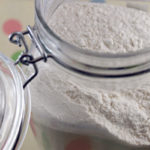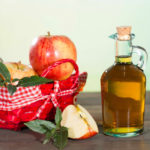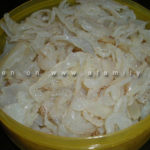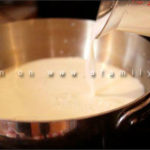Fruit-infused alcohol is the most popular drink in recent years, especially during the end-of-year party season. Many people believe that fruit-infused alcohol has a sweet and “mild” taste, making it less intoxicating than strong alcohol.
Fresh fruit-infused alcohol is usually white alcohol mixed with fresh fruits such as plums, apricots, strawberries, apples, bananas, oranges… This is a fermented product made from almost all types of natural fruits.
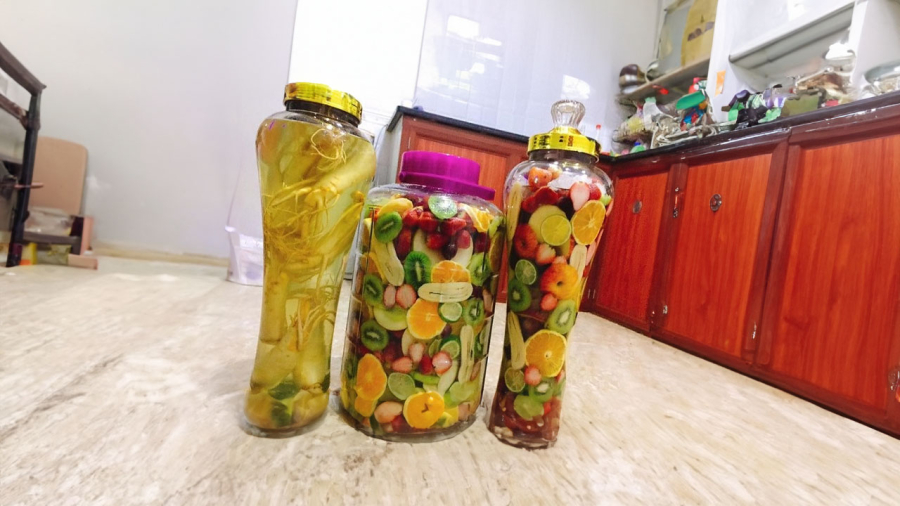
Most families soak the fruits by cleaning them, drying them, slicing them, and then putting them into white alcohol. Some may also add sugar, honey to accelerate fermentation and add sweetness. Homemade fruit-infused alcohol is usually tastier than store-bought alcohol as it does not have a bitter, pungent, or spicy taste that may cause discomfort. The two common methods of soaking are directly soaking the fruits into white alcohol and soaking the fruits with sugar to ferment into alcohol.
Many people believe that fruit-infused alcohol has a light alcohol content, is easy to drink, and less intoxicating than regular beer, making it suitable for leisurely sipping during holidays.
Beware of dangers
First, fruit-infused alcohol can lead to food incompatibility if the soaking process is not carefully observed. Some incompatible ingredients when soaked together can reduce the desired effects of the alcohol. In more serious cases, harmful toxins can be produced, which can be detrimental to health. Furthermore, if you are not familiar with the soaking methods, the consequences can become more severe and difficult to rectify.
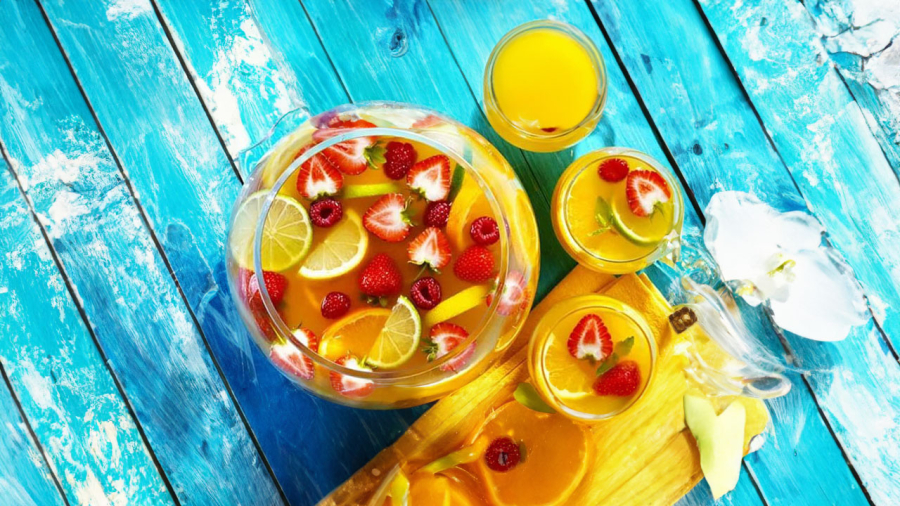
Second, it is important to ensure the origin of the alcohol used for soaking. Many sellers may not be able to determine the quality of the alcohol they sell. If the alcohol is not properly distilled and contains methanol, it can be very dangerous when consumed. Methanol alcohol poisoning can be harmful to internal organs and the nervous system. As the end of the year approaches, there is an increase in counterfeit alcohol and low-quality food circulating in the market. Therefore, it is important to pay attention to purchasing reputable alcohol for soaking.
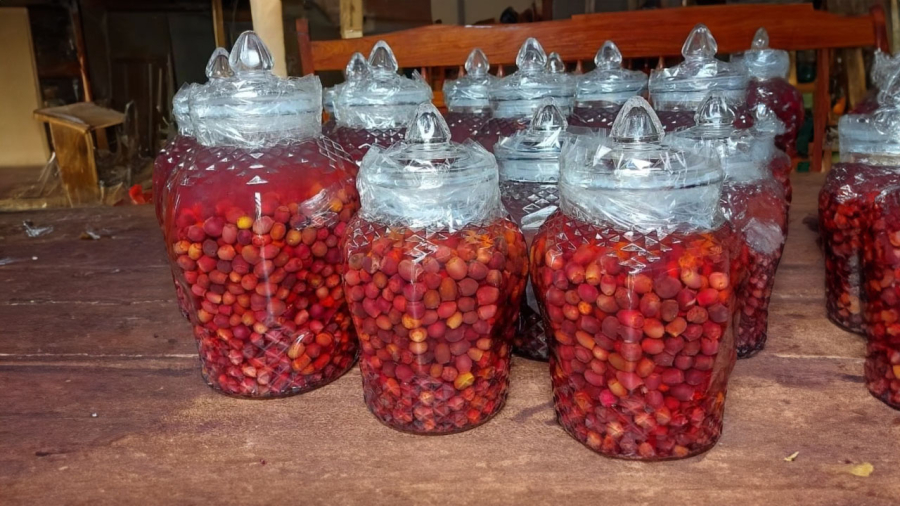
Third, some people believe that fruit-infused alcohol takes longer to intoxicate and has a milder effect, leading to consuming a larger quantity, which can still result in alcohol poisoning. Therefore, even though fruit-infused alcohol is milder, it is important not to be deceived by the feeling of drinking more and “staying intoxicated for longer”.
Fourth, the quality of the soaked fruits should be ensured to avoid using crushed, rotten, or spoiled fruits that can cause illness.
In addition, when purchasing fruit-infused alcohol, people should exercise caution, especially regarding the origin of the alcohol used for soaking. If the alcohol contains methanol, it can pose a serious threat to the user’s life.
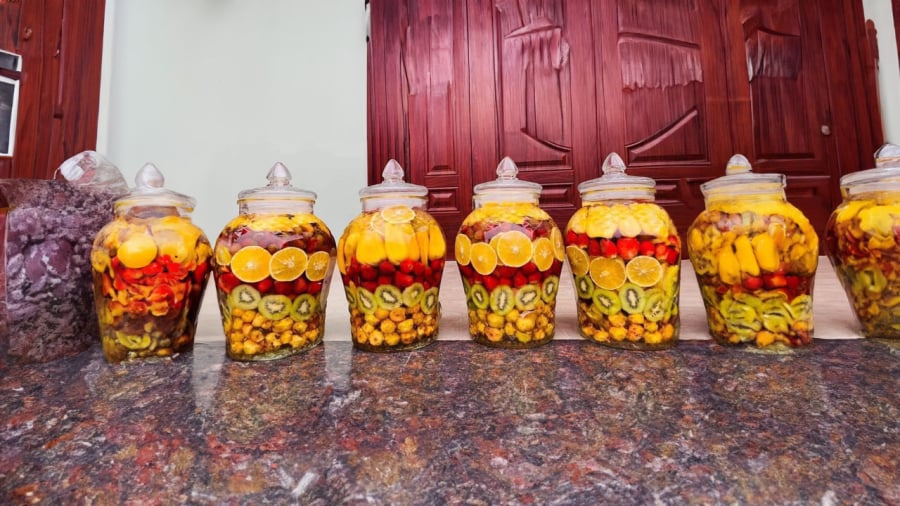
Experts also emphasize the potential presence of unknown substances that can cause poisoning when consuming long-aged fruit-infused alcohol.
Therefore, when making or purchasing fruit-infused alcohol, it is important to remain cautious and ensure the origin of the alcohol and the quality of the fruits to be soaked. Regardless, they are still alcoholic beverages, so moderation is necessary to avoid excessive consumption.

























